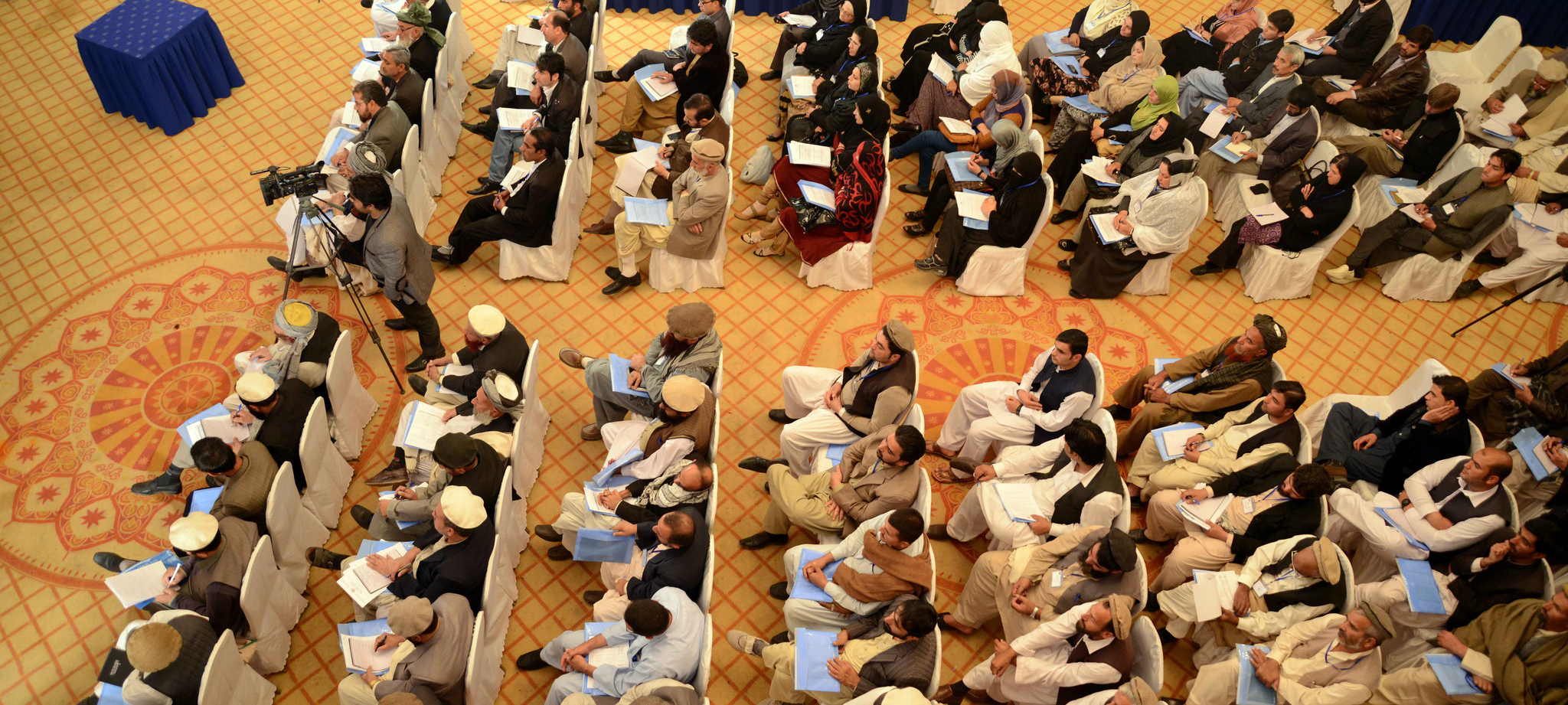National Dialogues
In recent decades, National Dialogues have facilitated political transitions in diverse contexts, from Afghanistan to South Africa. Yet, national and international mediators and peacebuilders are still working to fully understand the conditions under which National Dialogues are effective and sustainable. In our work, we contribute to a better understanding of these dynamics both in research and in our support work to National Dialogue processes around the world.
Why National Dialogues?
National Dialogues are official negotiations forums typically convened to address issues of national concern – often long-standing causes of conflict that have been brought to the fore by political protest or armed insurrection. Over the last 25 years, there have been numerous National Dialogues globally, taking place in a multitude of political contexts, and with a broad range of forms and sizes, aims, and goals.
National Dialogues prove particularly effective when it comes to addressing inter-state conflicts with a multiplicity of stakeholders. When stakeholders convene a national dialogue, the aim is often to broaden political participation and give ownership to groups otherwise excluded. This paves the way for a more inclusive process and more sustainable results. However, National Dialogues have often been used by national elites as a tool to gain or reclaim political legitimacy, which has limited their potential for transformative change.
How we work with National Dialogues
Inclusive Peace aims to contribute to a better understanding of the underlying processes and dynamics of National Dialogues. In our research and practical work, we specifically focus on their design, set-up, and how to identify and prepare for opportunities but also challenges and resistances ahead. For instance, we analyse the substantive issues they address, their interaction with other national and local socio-political processes, and the national and international factors that make National Dialogues effective and sustainable.
In our research project on National Dialogues, we analysed the role of National Dialogues in 17 different peace processes in 12 different countries to assess their common characteristics and ability to reach sustainable outcomes. Through our ongoing support work to National Dialogues we continuously update our comparative knowledge base.
Video Brief,
Key Findings on National Dialogues
This video brief gives an overview of how National Dialogues can facilitate inclusion in peace processes and serve as an instrument of political change.
January 2018IPTI,
Briefing Note,
What Makes or Breaks National Dialogues?_BN
This briefing note summarises the findings of a research project on National Dialogues and inclusive peace processes commissioned by UNDPA. It is based on a comparative analysis of 17 cases of National Dialogues (1990-2014).
April 2017IPTI,
Report,
What Makes or Breaks National Dialogues?
This report is based on the National Dialogue research project and its comparative analysis of 17 cases of National Dialogues (1990 – 2014). It aims to contribute to a better understanding of the functions of National Dialogues in peace processes.
October 2017Anne Zachariassen, Cindy Helfer, Thania Paffenholz,
Article,
Inclusive Political Settlements: New Insights from Yemen’s National Dialogue
This article provides key insights on Yemen’s National Dialogue. To contextualise these findings, it offers information on the theory and practice of inclusive negotiations in peace processes.
March 2016Thania Paffenholz, Nick Ross,



